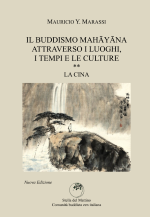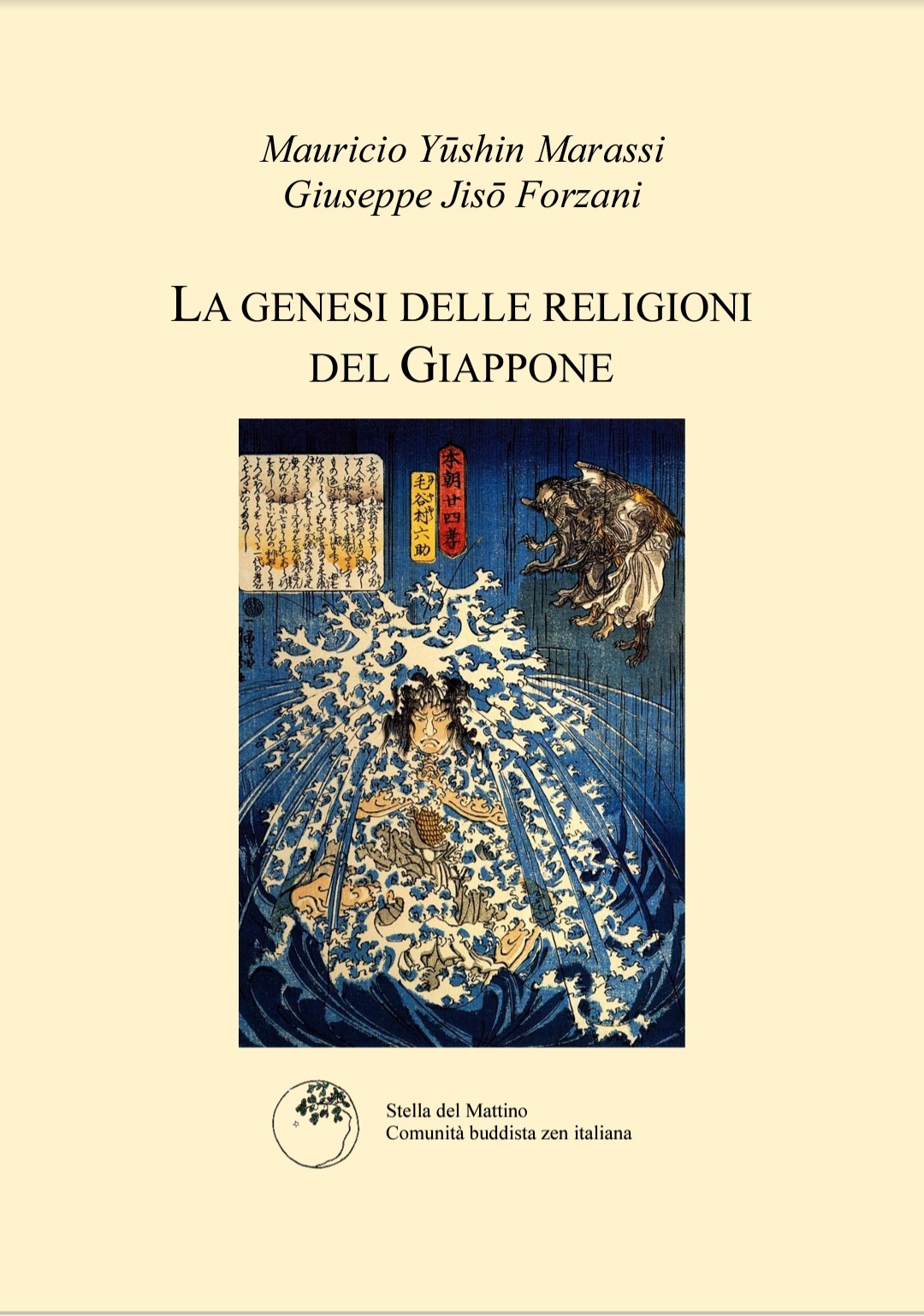It is most difficult to change the rigid, habitual mind of sentient beings. Still, from the first, you should aspire to work with the [narrow and biased] mind like the change involved in planting a treasure seed that will grow until one has completely gained the Way. In the beginning, that seed is the seed of unconditional giving. That is why the first of the six paramitas is that of unconditional giving—fuse. Do not try to measure the magnanimity or pettiness of mind, nor endeavor to figure out whether a thing is large or a small. Sometimes, [our frame of] mind moves things; at other times, things have an influence on our [frame of] mind (25).
Aigo or compassionate words means to arouse a loving or benevolent attitude, offering words of care and concern for all beings. Surely, using rough or violent language will naturally decline. In any civil society, people inquire of each other as to how everything is going as a simple courtesy. In Buddhist circles, we part with words to the affect of taking care of the preciousness of the life we have been given (26). Inquiry as to the health of those who are older or above us is also an expression of devotion (27). Bearing in mind the words of the Lotus Sutra in which it is mentioned that taking care of sentient beings is like taking care of one’s children is an example of aigo (28). Give credit to and praise those with excellent character and show compassion towards those lacking in such a virtue. From the time one first seeks to employ compassionate words, those words will gradually abound (in one’s speech). Therefore, as the days pass, in ways you will not see [yourself] and without realizing it, aigo will appear more and more through your words. While life continues to flow through your body, foster a spirit to use compassionate words at various times and in your various lives without backsliding. Compassionate words are fundamental to defeating any outrageous or malicious enemy or to reconciling with someone in high position.
Compassionate words directly bring joy to the hearer and great inner pleasure. To hear such words even indirectly, they become engraved on one’s heart and soul. Compassionate words arise from a benevolent mind, and a benevolent mind engenders the seed of love and affection. You should realize that compassionate words have the power to change the direction of the times (29). They are not merely used to praise the emperor.
Notes:
25)How we look at the various things or people around us determines our perception of them. For example, when a third grader goes outside to play and run around on the playground, she might think how small it is. On the other hand, when the same child has go out on that same playground for cleaning up the area, she might very well imagine it to be huge! [Aoyama Roshi]
26)The Japanese expression is anpi or anpu 「安否」which is literally an inquiry concerning another’s welfare and chinchou 「珍重」 which by itself refers to something rare or precious, in this case, and in the buddhist sense, what is precious or valuable is the very life we have received.
27)The Japanese words kookoo 「孝行」 means piety or devotion and is used in such expressions as oya kookoo 「親孝行」 or filial piety. Here it could be a student inquiring about the health of his or her teacher; more broadly, any inquiry of those older or in higher position than ourselves.
28)In the Devadatta chapter of the Lotus Sutra, where Bodhisattva Wisdom Accumulated is questioning Manjushri about anyone who might have been able to attain Buddhahood quickly just by practicing the Lotus Sutra, “Manjushri replied, ‘There is the daughter of the dragon king Sagara, who has just turned eight. Her wisdom has keen roots and she is good at understanding the root activities and deeds of living beings… Her eloquence knows no hindrance, and she thinks of living beings with compassion as though they were her own children.” The Lotus Sutra, [trans.] Burton Watson, Columbia University Press, 1993, p. 187.
29)The Japanese phrase is kaiten no chikara aru 「廻天のちからある」; the sense of the expression is used to indicate that good advice had the power to move even the emperor.
Se volete, lasciate un commento.
You must be logged in to post a comment.







